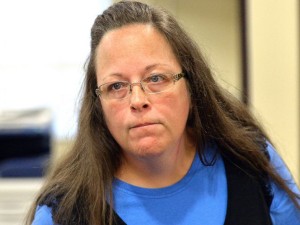There’s no denying the irony in this growing discussion over whether U.S. Sen. Ted Cruz is constitutionally qualified to run for president of the United States.
To my mind — and to many others who know a whole lot more about constitutional law than I do — there should be no question about the Republican presidential candidate’s eligibility.
He is eligible to run. Period. End of discussion. The Constitution spells it out. He is a “natural-born citizen” whose mother is an American; thus, he is granted U.S. citizenship by birthright, even though he was born in Canada.
The irony?
Well, this issue came up regarding Barack Obama, except that some individuals didn’t believe what Obama had said, which is that he was born in Hawaii. They kept harping on his alleged birth in Kenya. So, what’s the big deal? The president’s mother also was an American citizen; his father was Kenyan.
If either Obama or Cruz — or both of them, for that matter — had been born on Mars, their citizenship shouldn’t be an issue.
The other irony is that Cruz is relying on the opinion of courts comprising unelected federal judges. He calls this matter a case of “settled law.” Strange, actually, that he would say such a thing, given the disdain he expressed for the federal judiciary after the Supreme Court ruled in 2015 that gay marriage is now legal throughout the country, that the Constitution’s equal protection clause in the 14th Amendment applied to gay citizens seeking to marry people of the same gender.
I happen to believe that Cruz is right about the citizenship issue.
It won’t go away as long as Donald J. Trump continues to raise it along the GOP presidential campaign trail. Other Republicans now are beginning to echo Trump’s questioning of Cruz’s eligibility — although this concern seems born more out of Cruz’s rising poll numbers than of actual doubt over whether he’s a qualified U.S. citizen seeking the highest office in the land.
The volume is rising among those who are seeking to stall the Texas Republican’s campaign momentum.
It’s entertaining, to be sure, to watch the irony build on itself as this (non)-issue continues to fester.
I’m wondering: How does President Obama feel about it?




